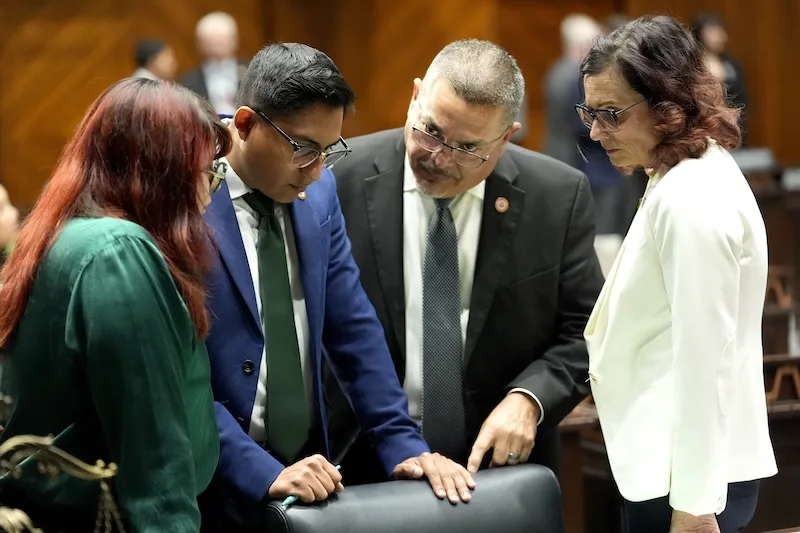Financial stress and dwindling social networks add to challenges survivors may encounter when trying to find a safe space.
While most people can isolate themselves in their homes safely and comfortably, for others quarantine measures present added danger.
Tasha Menaker, co-chief executive officer of the Arizona Coalition to End Sexual and Domestic Violence, says the current global pandemic can make it more difficult for survivors trying to get help.
“There’s a lot of different reasons that might make it very challenging for a survivor to leave a violent relationship, and those challenges are only increased by the coronavirus outbreak,” Menaker told The Copper Courier.
She said shelters and other programs are still operating, but with people isolating themselves at home, it may be difficult for someone in a dangerous situation to find time and space to make a private call. However, there are some possible workarounds.
“Remember that social distancing doesn’t mean you still can’t go to the grocery store, to a convenience store, take a walk around the block,” Menaker said. “For some survivors, they may have to lock themselves in the bathroom and run the shower and make a quick phone call.”
Menaker said reduced income or even job loss at this time can also contribute to a person’s inability to move to a safe space, especially since abusive partners often control household finances.
“For many survivors who are trying to leave, they don’t have the resources to access housing or even have the funding to put down a rent deposit at an apartment,” she said.
Social distancing also gives survivors a smaller network of outside support, which Menaker says is already somthing they lack due to being in an abusive situation.
“Abusive partners generally isolate their partner anyway and so they’re often cutting off connections to friends and family, so a lot of time for survivors they don’t have that social support network around them,” Menaker said.
“With the social distancing, people, their ties to social supports also become more limited, especially if the people that they’re close to might be sick or might be someone who is a high-risk population, that just cuts off some of those avenues of support for people as well,” she added.
According to the coalition, more than 804,000 women in Arizona and nearly 454,000 men will experience domestic violence in their lifetime.
Menaker noted it’s important that survivors know shelters and programs for them are still open, even as other businesses and services close. Crisis resources like the 24-hour National Domestic Violence Hotline (800-799-7233) and the 24-hour National Sexual Assault Hotline (800-656-4673) are also still operational.
As for people who want to help survivors at this time, Menaker urged people to check in on any loved ones who may be stuck in a toxic situation at this time. Friends and family can often share information about ways to get help when those in need can’t access resources.
And, Menaker added, it’s always helpful to donate to local shelters and programs. Many are in need of high-demand items like toilet paper and cleaning supplies.
Looking for the latest Arizona news in this time of crisis? Sign up for our daily newsletter and have it delivered straight to your inbox.
Politics

Democrats clear path to bring proposed repeal of Arizona’s near-total abortion ban to a vote
Democrats in the Arizona Senate cleared a path to bring a proposed repeal of the state's near-total ban on abortions to a vote after the state's...

It’s official: Your boss has to give you time off to recover from childbirth or get an abortion
Originally published by The 19th In what could be a groundbreaking shift in American workplaces, most employees across the country will now have...
Local News

Kari Lake calls on Arizona county sheriffs to enforce 1864 abortion ban
Republican candidate for US Senate Kari Lake on Saturday seemed to solidify her support for Arizona’s total abortion ban and called on county...

Where to buy farm-fresh eggs in Tucson
Once you’ve tasted farm-fresh eggs, it’s hard to go back to the store-bought variety. Not only do farm-fresh eggs taste better and have...





